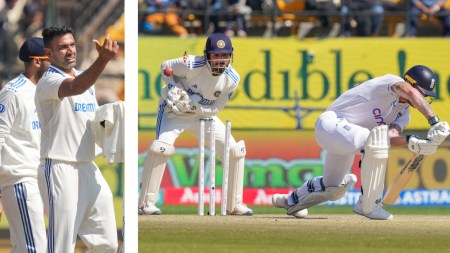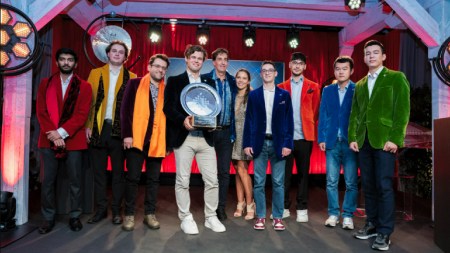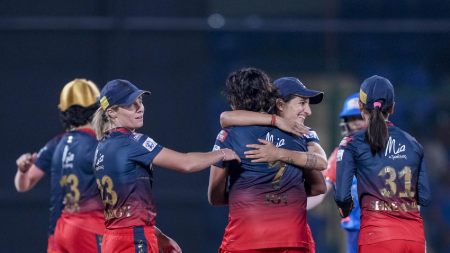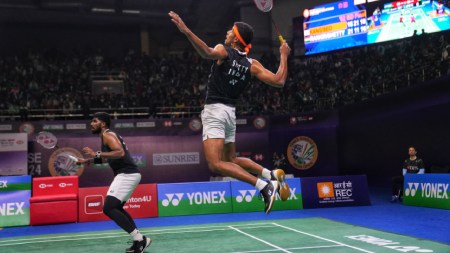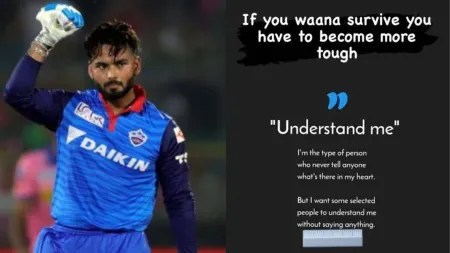Yusuf Pathan’s new innings and how politics re-labels and brackets national stars
This was early 2000 in Baroda. It was the time a middle-aged muezzin, connected to the city’s famous Jama Masjid, was living probably the busiest period of his life. The mosque was his place of work and worship. It was also his home. His family of five had a designated room inside the holy complex, situated in Baroda’s crowded Mandvi area.
Between giving prayer-calls, the muezzin would sweep the long corridors of the ancient structure. To make ends meet, he would also sell ittar on the steps of the masjid, work at a chemical factory and at times even ferry a three-wheeler auto-rickshaw.

The deeply-religious man, though, would also pedal to drop his two sons to a cricket ground. The elder one would ride pillion, the younger would sit on the bar that connected the seat to the handle. With the kids carrying two huge cricket kits also, this was one of the many balancing acts, the father with a meager income would be expected to pull off all day.
Those many cycle rides would put the brothers on the road that would take them to the Indian cricket team. They would become national heroes and now one of them has thrown his hat in the ring to be a Parliamentarian.
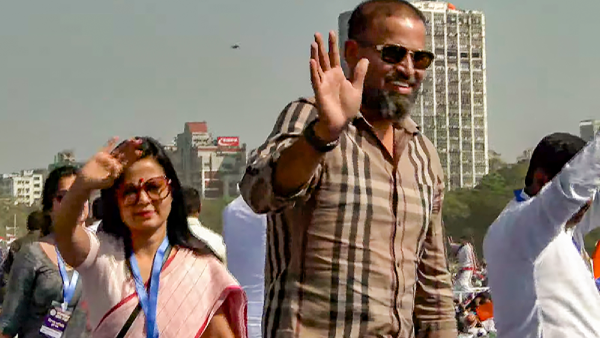 Yusuf Pathan during a rally, in Kolkata. (PTI)
Yusuf Pathan during a rally, in Kolkata. (PTI)
This is the story of Baroda’s Pathan brothers – Yusuf and Irfan – and their father Mehboob Khan, who believes that it was ibaadat that gave success to his sons. Their home has three World Cups – two belong to the six-smashing hard-hitting elder brother Yusuf.
A household name around the country, Yusuf’s style of play – he has a 37-ball IPL hundred where on 10 successive balls he hit either four or six – got him cult following. He was the strong and silent type Super hero who kids loved and had grown up in awe of. He also played a big role in Kolkata Knight Riders’ IPL triumphs. A popular cricketer with a pan-India pull, TRPs spiked when Yusuf walked out to bat.
After a period of peaceful retirement, where he loved spending time with his horses, exotic birds, fighter cocks, goats and rabbits, Yusuf decided to enter politics. Coaxed by Mamta Banerjee, he is Trinamool Congress’s candidate from Baharampur Lok Sabha constituency. His main rival will be Congress’s Adhir Ranjan Chowdhury, the party’s leader in Lok Sabha and the five-times undefeated incumbent.
So what makes TMC believe that their political debutant Yusuf can upset a heavyweight rival at Baharampur? Yusuf doesn’t tick most boxes that decide an electoral battle. His birthplace, Baroda, is both geographically and culturally distant from his political turf. He isn’t known to have done social work around here. Actually, he doesn’t even speak the local language. The Pathans at home speak Gujarati, not Bengali. And Baharampur, by any stretch of imagination, isn’t known to have the maximum KKR or Yusuf fanatics per square meter.
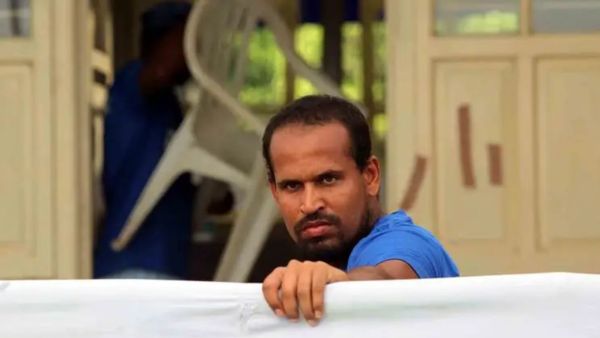 Former Indian cricketer Yusuf Pathan. (File Photo)
Former Indian cricketer Yusuf Pathan. (File Photo)
The clue to this mystery is provided by census data. The day after the surprise Yusuf-TMC match-up, media reports, rather matter of factly, mention Baharampur’s 52 per cent Muslim voters. It is a way of justifying Mamta’s call to parachute a cricketer from distant lands. This isn’t a judgement on TMC’s candidate selection, it is about the nature of the beast called politics that in one stroke can see a national India star bracketed as a ‘Muslim Candidate’.
This has happened in the past too. Mohammad Azharuddin and Mohammad Kaif – both fighting on Congress tickets – made their first foray into politics from Moradabad and Phulpur, two regions with high numbers of Muslim voters. Neither Moradabad nor Phulpur can be spotted on the map of Indian cricket but politics has its own calculations, rules and landscapes.
Adjusting to the political terrain, with the overwhelming communal and caste references, is the biggest challenge for sportspersons at the hustlings. Yusuf would soon be releasing this.
The Pathans learnt the cricketing ropes in Baroda, a cosmopolitan city known for its cultural diversity. Proximity to the country’s financial capital Mumbai, the convergence of students from different states because of MS University made this a melting pot of sorts. Further flavours were added by Oil companies that set base here.
A cricket field in Baroda, like most of India, was ultra inclusive. It broadly worked on meritocracy. It was their talent and hard work that got the boys of the muezzin from Mandvi early breaks. Irfan was 16 and Yusuf 18, when they got picked for Baroda’s Ranji Trophy team.
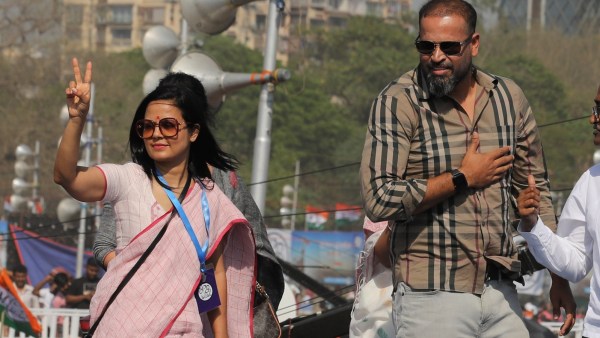 Yusuf Pathan retired from all forms of cricket in 2021. (Express Photo by Partha Paul)
Yusuf Pathan retired from all forms of cricket in 2021. (Express Photo by Partha Paul)
Still in their teens, Irfan was playing Tests. Yusuf’s big break was slightly delayed. Baroda’s coach Balwinder Singh Sandhu predicted that Yusuf would play the World Cup one day. He went on to win one. Potential was spotted, potential was rewarded and potential delivered too. Their chain was pure, it wasn’t corroded by any biases. The most important entry on the CV was the runs and wickets, not the second name.
Among the domestic teams, Baroda is known to value talent, even if they are players from other states. Over the years, the team’s score sheet would have names like More, Gaekwad, Singh, Narula, Hooda, Mongia, Patel, Pathan, Khan, Kumar, Sharma and Pandya. So when the Pathans graduated to the national team, the transition was smooth as they were moving into an equally diverse dressing room where all that mattered was your skills.
There have been several instances of national team players watching each other’s back. They also fiercely protect their sacred sporting space where there is hardly any discrimination. When everyone wears the team jersey, they sign up to be equals. So when Mohammad Siraj was racially abused in Australia, the India team stopped the game and addressed the issue.
And when Mohammad Shami was targeted by communal trolls, it was the game’s biggest star who took a stand. “Attacking someone over their religion is the most pathetic thing that a human being can do. They have no understanding of how much effort we put on the field. They have no understanding of the fact that someone like Shami has won India matches in the last few years,” Virat Kohli said.
It’s not the same in politics. Selection of candidates by political parties, unlike a playing XI, does get decided by the faith one practices. What’s sad about politics is the normalisation of tradition where national heroes are reduced to merely religious representatives.
Send feedback of sandydwivedi@gmail.com
Disclaimer: The copyright of this article belongs to the original author. Reposting this article is solely for the purpose of information dissemination and does not constitute any investment advice. If there is any infringement, please contact us immediately. We will make corrections or deletions as necessary. Thank you.
